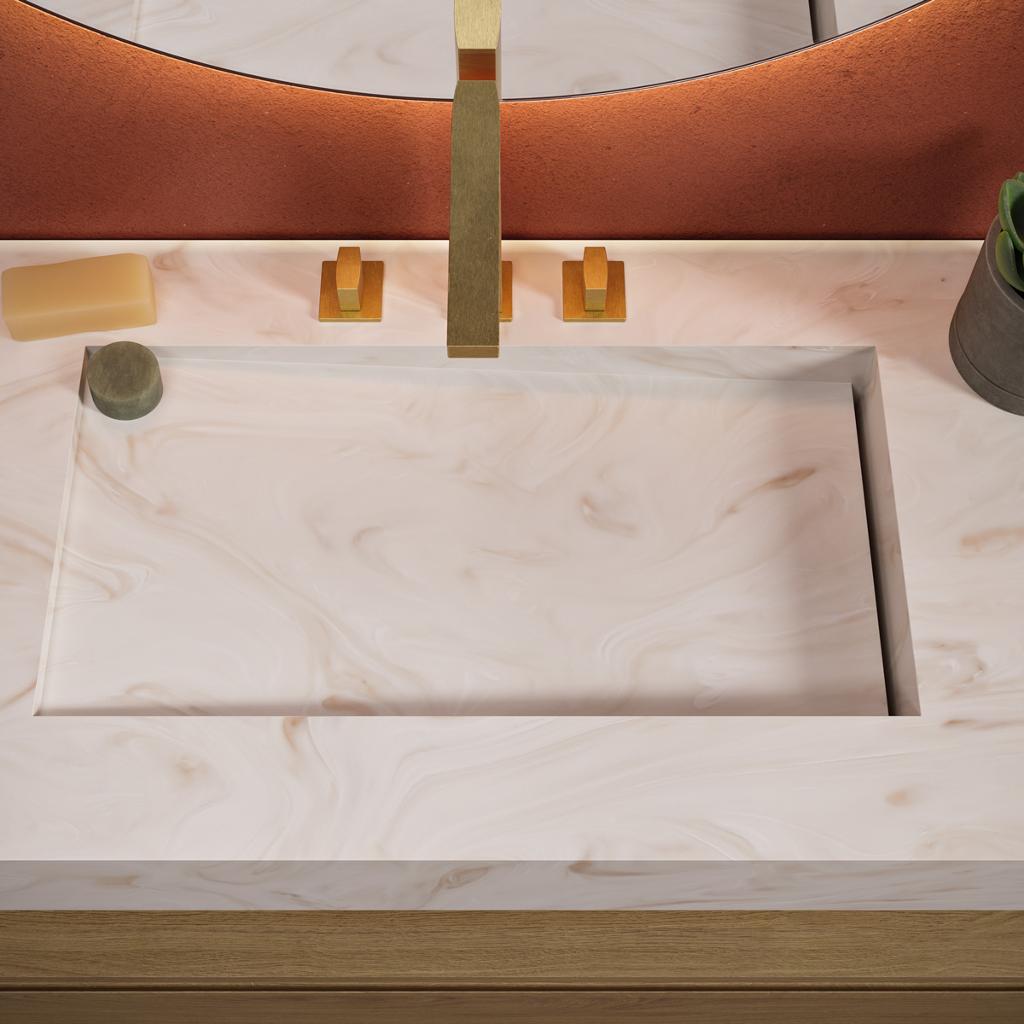
Replacing Custom Bathroom Features
Maybe you’ve moved into a house with lots of unique bathroom features you really like, but others you can’t wait to tear out and throw in the dumpster. Or perhaps you’re thinking about designing a bespoke bathroom of your own but are worried about how you’ll replace any parts that might break or go missing in the future.
This guide is designed to help you navigate the tricky terrain of replacing one-off bathroom products.
Contents
Upcycling antique bathroom furniture
Employing an artisan to create like-for-like parts
Future-proofing custom-made bathrooms
Upcycling antique bathroom furniture
If you’ve come across a great piece of bespoke bathroom furniture that would really complement your own unique space, but there’s a part that’s broken or missing, that doesn’t mean you should discount that piece of furniture.
Whether it’s something as simple as a bespoke door handle or an entire made-to-measure vanity top to sit atop a quirky one-off cabinet, upcycling can help create beautiful, shabby-chic, custom pieces that are unique to your space.
Upcycling is the process of incorporating new, high-end elements to old, antique pieces to help restore, renew and revive them. It not only adds a customised feel to your luxury bathroom project, it also helps you more effectively budget for your bespoke bathroom—because, quite simply, upcycled furniture is generally much cheaper than brand-new artisanal furniture.
Employing an artisan to create like-for-like parts
If you have a custom bathtub, basin, cabinet or taps, it can be a little bit nerve-wracking if any part of them stops working, goes missing or breaks. Especially if the original manufacturer is unavailable to replace the part. Maybe you don’t want to “upcycle” them and would rather maintain their original integrity than turn them into a boho mishmash.
In this case, it’s worth looking into finding an artisan who can craft a like-for-like copy of the original, compromised part. Maybe it’s a metalworker, like Australian sculpture firm Meridian, who specialises in lost wax casting for antique bath taps. Maybe it’s an enamelling company, like Hy-Tech Enamellers in the UK, who can bring a bespoke cast iron bathtub back to life. Or perhaps it’s a ceramist, like Spanish firm Ivanros, who can recreate the perfect colours, designs, texture and glaze to replace broken or missing hand-painted floor or wall tiles.
If you’re going to work with an artisan in this way, be prepared to pay a pretty penny. The fact that their work may mean the difference between salvaging and losing the original piece is very valuable—and they know it. Budget for custom replacement parts like you’d budget for the entire original piece.
Future-proofing custom-made bathrooms
If there’s one thing we can learn from having custom bathroom furniture with broken or missing parts, it’s that we don’t want to have the same problem again with future made-to-measure purchases. But how do you go about future-proofing a bathroom product that’s made just for you?
Well, first of all, make sure it comes with a long guarantee of like-for-like replacement from the manufacturer—such as the 10-year guarantee you get with all Riluxa’s bespoke Corian® products. Secondly, if you’re having products crafted by a self-employed artisan, consider asking them to make spare parts in anticipation of future product failure. It will probably cost you less to have spares made as part of your original order than it would to go back and request them to be supplied remedially.
Finally, consider having your products made by a custom bathroom designer such as Galfia, who create bespoke products made to customers’ exacting needs for the likes of Riluxa, but who also use standardised factory processes, machinery and materials. This will make it much easier to make changes to the product in future—whether you’re fixing them or customising them (though, remember, you’ll tend to nullify a product guarantee if you customise it).
The truth is, if you’re buying a bespoke bathroom, you can—and should—expect to find it harder to replace than if you were buying off-the-shelf. However, because the quality of made-to-order products tends to be so much higher, you can rest assured that you shouldn’t need to think about replacing parts of those products for a long time.
Looking for something else to read? Check out our article which answers the question: In what order should I remodel my home?